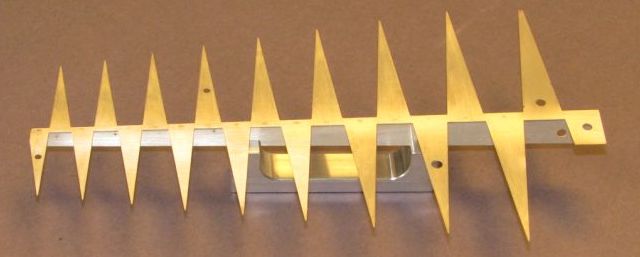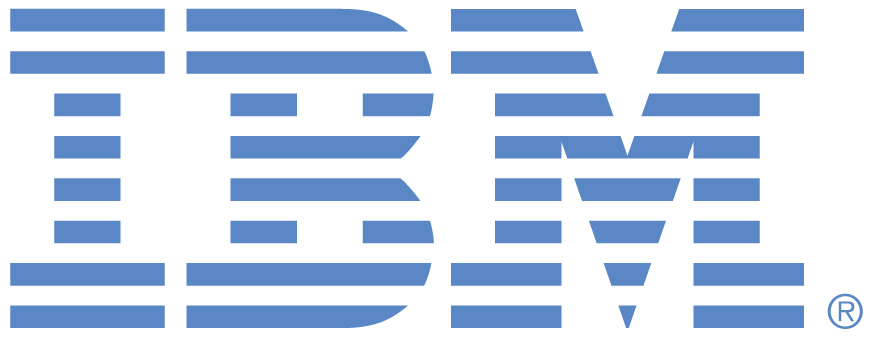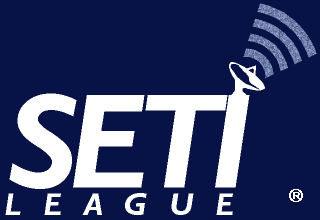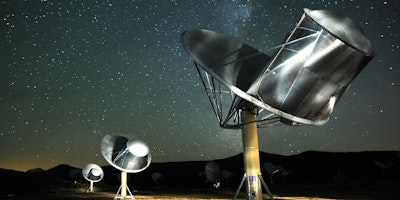SETI Institute Hackathon: Machine Learning for the Search for Extraterrestrial Intelligence
The SETI Institute is hosting a public hackathon and global, online code challenge to find a robust signal classification algorithm for use in our mission to find E.T. radio communication. By framing the radio signal data into spectrogram (a 2D visual representation), we can convert the problem into something akin to an image classification problem. We are looking for participants to build machine learning and deep learning techniques to construct highly accurate classification systems that will be used in our data analysis pipeline at our telescope array.
Special Offers to Hackathon Attendees
We are excited to offer significant computing resources for participants of the hackathon, including free access to IBM PowerAI deep learning system: IBM Minksy:128-thread CPU, 4x NVIDIA Tesla P100 GPUs, 1 TB RAM.
Specifically, attendees will receive
- weekend access to IBM Watson Visual Recognition
- weekend access to an IBM Apache Spark Enterprise cluster
- weekend access to IBM PowerAI Deep Learning platform on Nimbix Cloud
- tutorials covering IBM Watson VR, Tensorflow, and Skymind's DL4J
- extended trial account on IBM Bluemix
- extended trial account on IBM Data Science Experience
These resources will not be available to code challenge participants.
You’ll work directly with top SETI researchers. There will be talks by Dr. Jill Tarter and Dr. Gerry Harp from the SETI Institute and Dr. Danny Price of UC Berkeley / Breakthrough Listen.
The hackathon will be at the new IBM Innovation Space, which occupies the 5th floor of the SOMA Galvanize office in San Francisco. In addition, we will also have access to the Galvanize rooftop for getting some fresh air and taking breaks. A light breakfast, snacks, lunch for both days and pizza dinner on Saturday evening will be provided.
The Data Set
Each night, the SETI Institute observes signals across the radio frequency spectrum using the Allen Telescope Array (ATA). The signal detection system at the ATA searches for narrow-band radio signals coming directly from particular targets in the sky.
However, there are many other types of signals that are neither narrow-band nor necessarily radio-frequency interference.
The SETI Institute wishes to classify these other types of signals to improve our observation decision making programs, thereby increasing the efficiency of the nightly observations, and open new possibilities for E.T. signal detection.
We are constructing a large data set of classified, simulated signals that includes the many types of signals we observe. Besides narrow-band signals, we see signals that have small and large frequency drift rates, variable drift rates, amplitude modulation, and other characteristics. From this labeled simulated data set, which will be used by participants as training and test data sets, we are looking for machine-learning based algorithms and models that can accurately classify events in real time.
The Hackathon
The hackathon is a weekend-long event aimed at building signal classifiers using the labeled simulated data set. While we have cloud computing systems for your use, of course you'll need to bring your laptop.
Tentative Schedule:
Saturday, June 10, 2017
8:00 - 9:00 Breakfast
9:00 - 10:00 Introduction, Team forming
10:00 - 12:00 Hack
12:00 - 1:00 Lunch + Talk by Dr. Jill Tarter and Dr. Gerry Harp of the SETI Institute
1:00 - 10:00pm Hack + Workshops + Pizza
Sunday, June 11, 2017
8:00 - 9:00 Breakfast
9:00 - 2:00pm Hack / Lunch
2:30 - 3:00 Talk by Dr. Danny Price of the UC Berekeley SETI Research Center
3:00 - 5:00 Presentations + Awards
The Code Challenge
Like the hackathon, the code challenge is to build a machine learning based signal classifier that can be used for observations made in real time at the Allen Telescope Array (ATA). The winning classifier of the code challenge will be implemented at the ATA and become part of the data analysis pipeline.
The challenge will last from June 1 to July 31st. Submitted entries will be judged based on their classification accuracy, accuracy for low-amplitude signals, and speed of single event classification. More details will be provided later about how to submit your work.
THIS IS THE EVENTBRITE FOR THE HACKATHON ONLY! YOU MUST REGISTER FOR THE CODE CHALLENGE SEPARATELY
The hackathon in San Francisco is a kick-off event for the code challenge (See below for info on the separate prizes being awarded for each event.)
You may participate:
- in the hackathon only without continuing in the code challenge (register here only)
- in the online code challenge only if you're not able to join us at the hackathon in San Francisco (click here for the code challenge)
- in the hackathon and continue with the code challenge (register here and click here for the code challenge registration page)
Awards & Prizes
There will be separate awards at the hackathon and at the end of the code challenge.
Hackathon
At the hackathon only, we will give out prizes for the following awards:
- Most Accurate Classifier
- Winning team (up to 6 people) will be given a tour of the Allen Telescope Array, led by SETI Institute researchers. The date of the tour is TBD.
- Best Signal Processing Algorithm
- Best Classifier without a Neural Network or IBM Watson
- Most Interesting / Surprising Approach
Teams will present their analysis at the end of the second day and a judging panel will make the selections.
There will be trophies!

Code Challenge
The algorithm developed by the winning team at the end of the code challenge will be installed as part of the real time data anlaysis pipeline at the Allen Telescope Array! Additionally, the winning team will get
- Co-authorship with SETI Institute researchers on a paper to be submitted in a peer-reviewed scientific journal
- Assistance presenting their work at a SETI conference or meetup (assistance with slides, abstract submission or introduction to meetup organizers)
The top 3 teams, will also receive an invitation to write a "white paper" that describes their work. IBM has generously agreed to host these papers online.
Judging will be based on an objective measure of the algorithm/model's classification accuracy and speed of classifying single events. These exact details will be defined before the beginning of the challenge.
A team may win both the hackathon and code challenge.
We are looking to add other awards as well. We'll update these lists as they materialize.
Details
More details and tutorials will be found here: https://github.com/setiquest/ml4seti
Participants
We are primarily looking for experienced data scientists and fast learners. We are open to data scientists of all levels of skill to join us, team up with others, bring fresh ideas and learn advanced data analysis. However beginner data scientists should plan to team up with more experienced participants.
Cost
The SETI Institute is a non-profit research organization and our budget for events is limited. The $25 ticket fee for our San Francisco hackathon will help cover the costs for a light breakfast, snacks, lunch on both days, pizza on Saturday, non-alcoholic drinks and computing resources. We thank you for your understanding.
Academic Participants

Sponsors


![]()
![]()

Location
Dates
to 11th June 2017 - 06:30 PM
